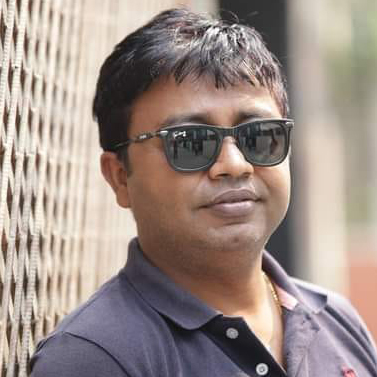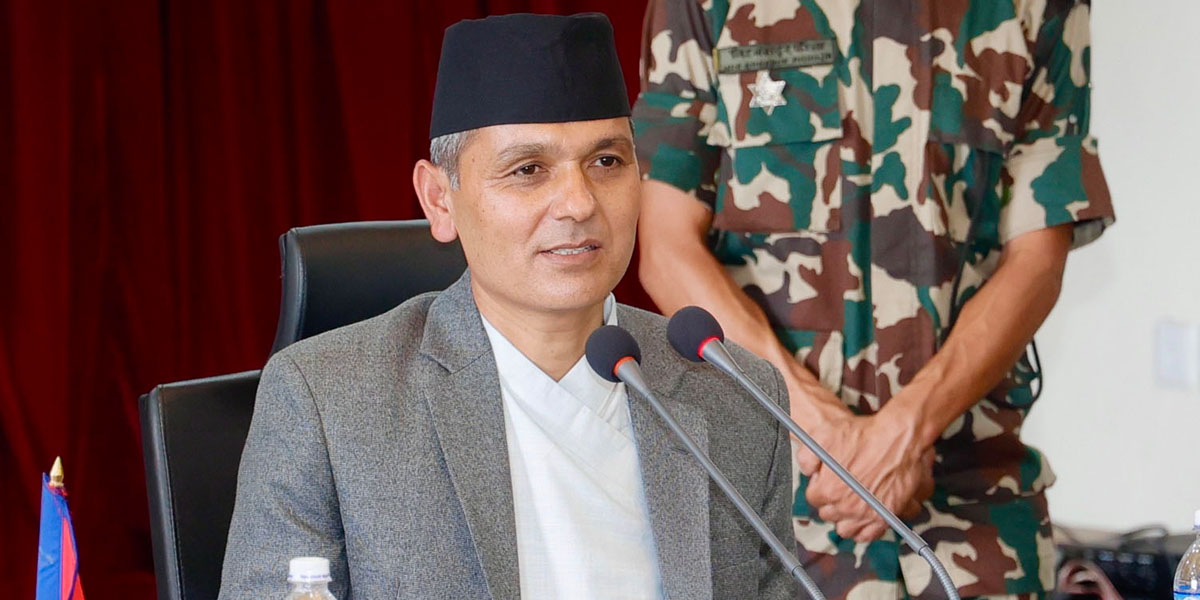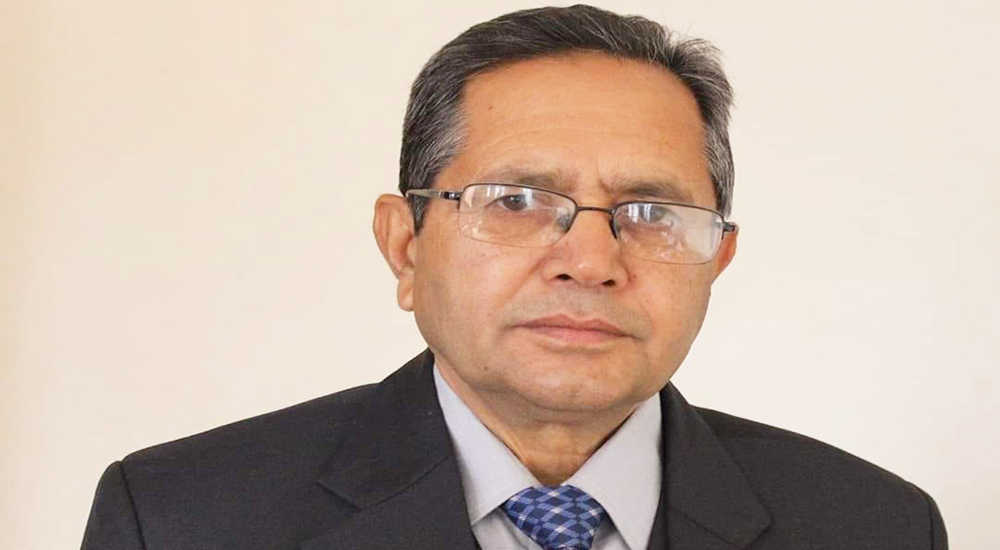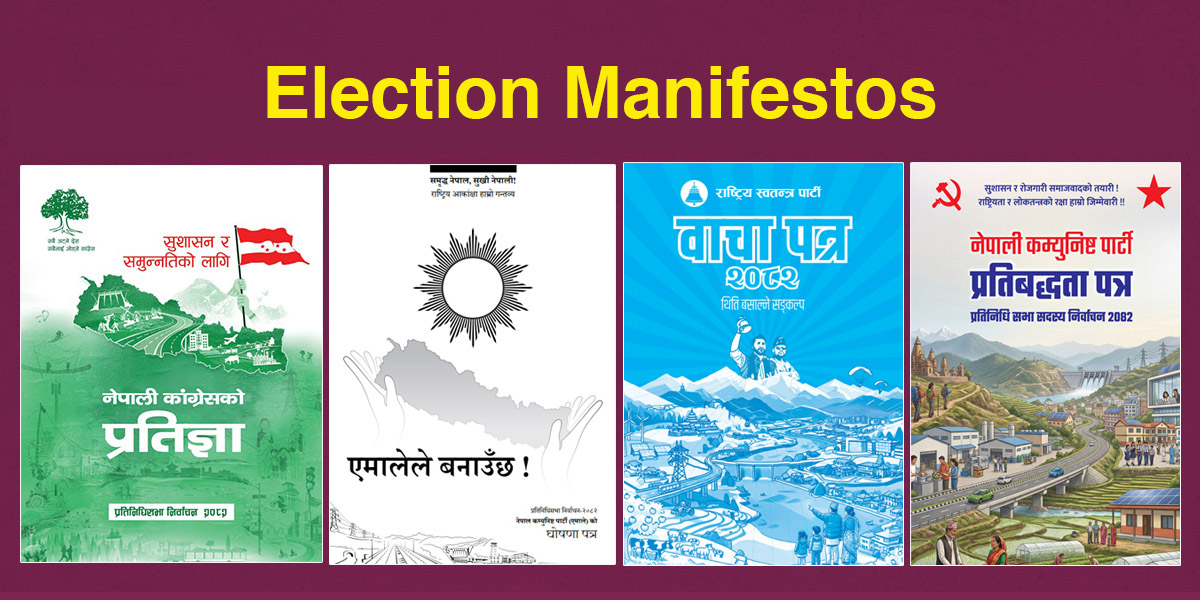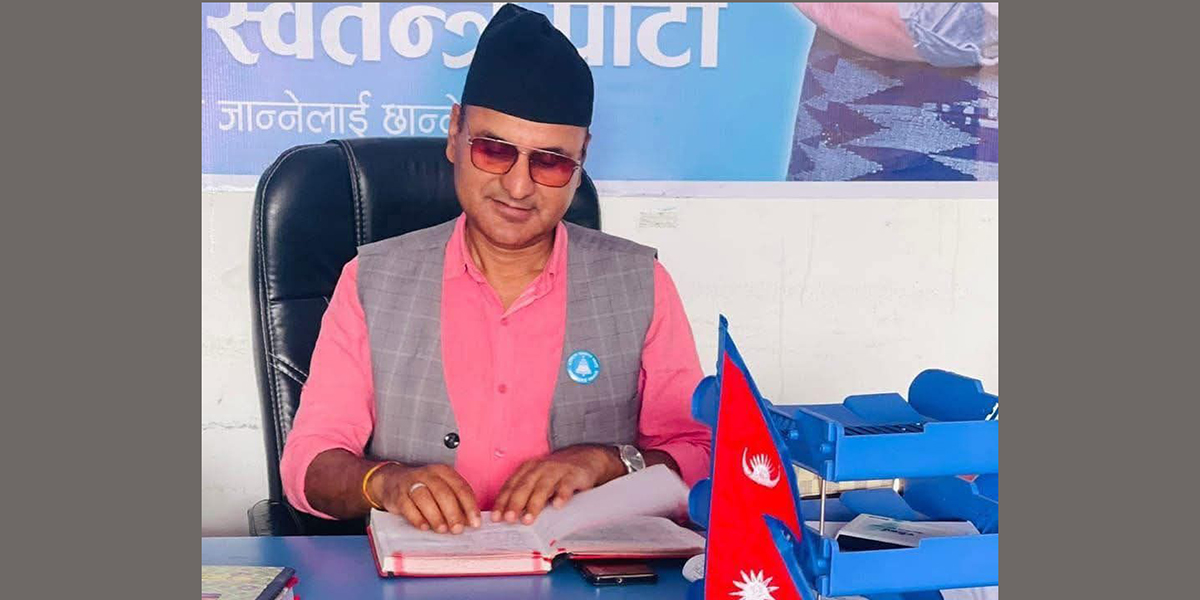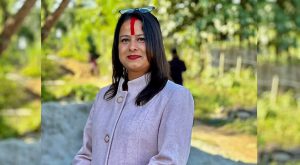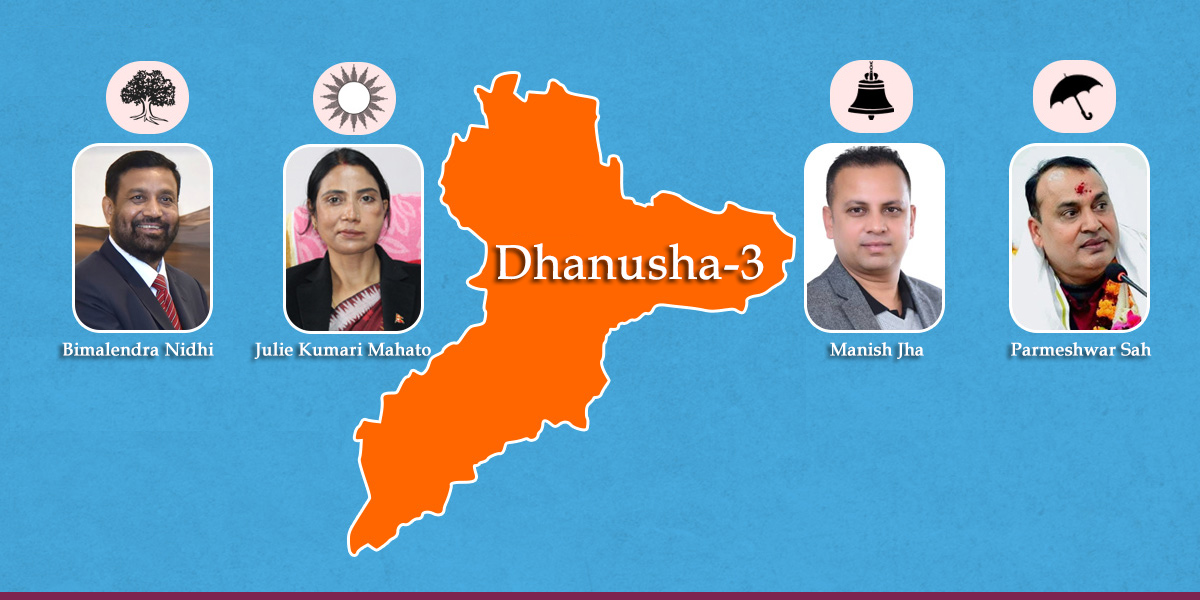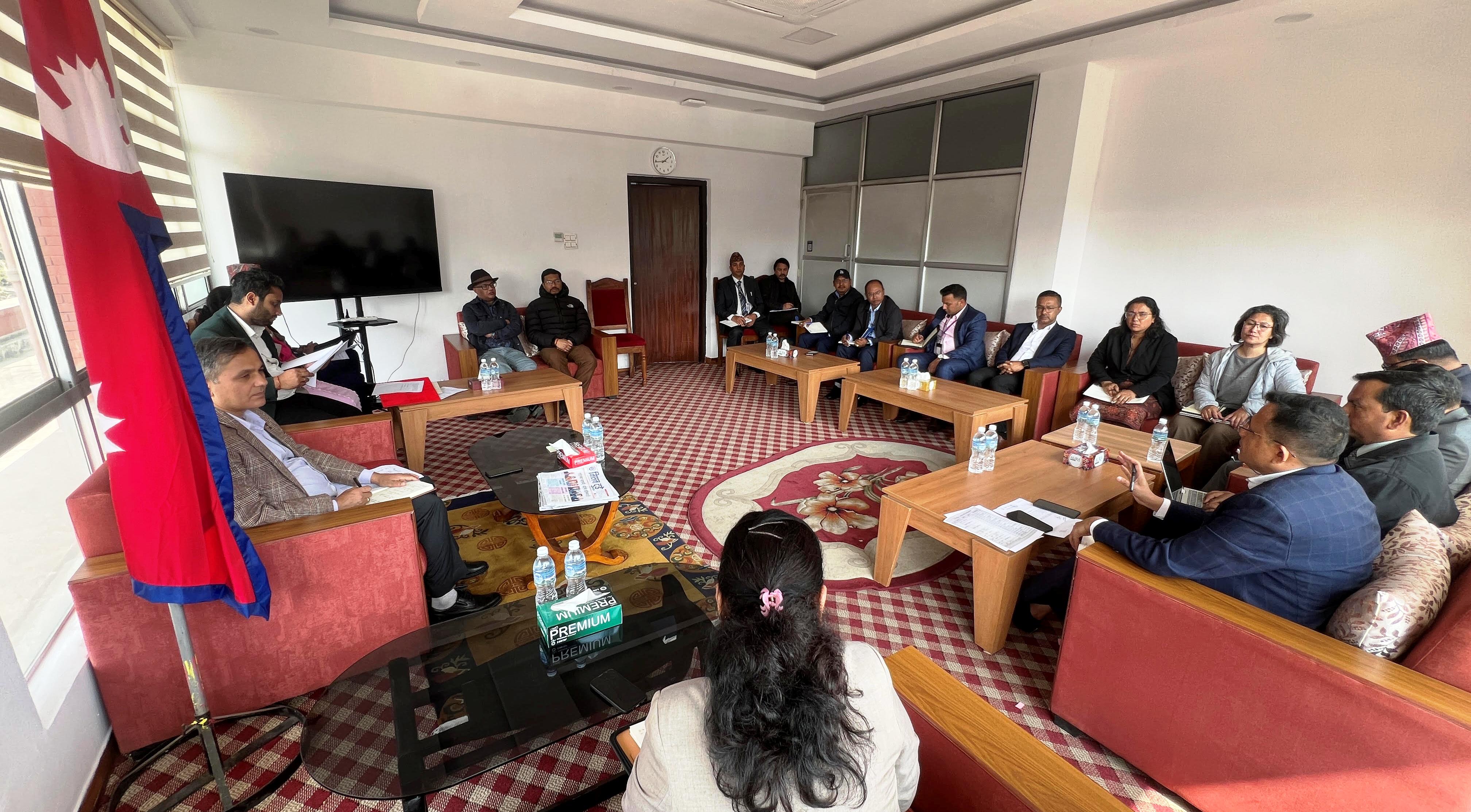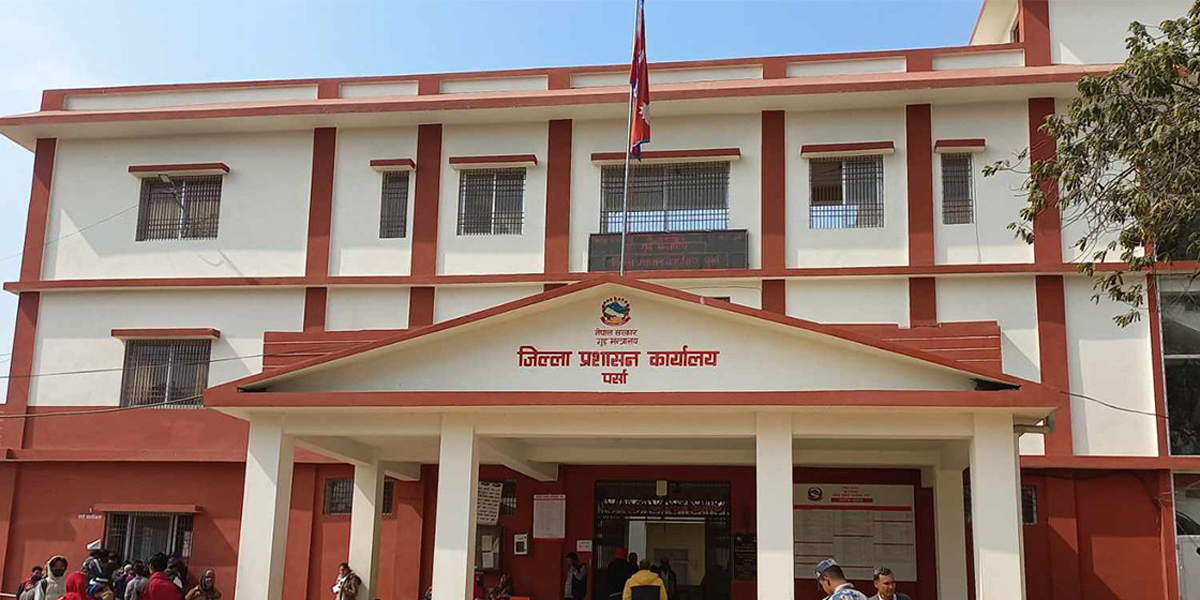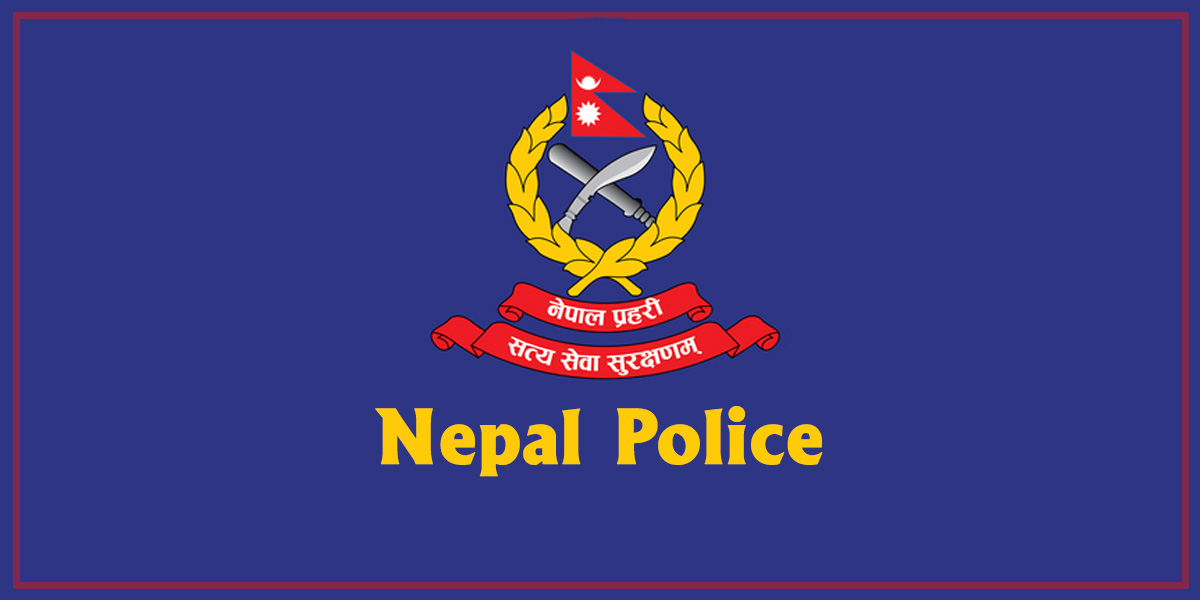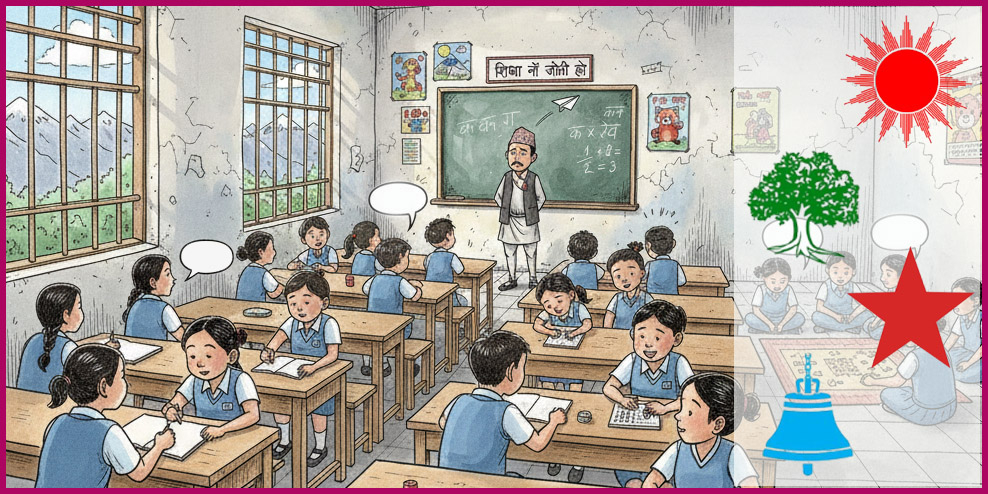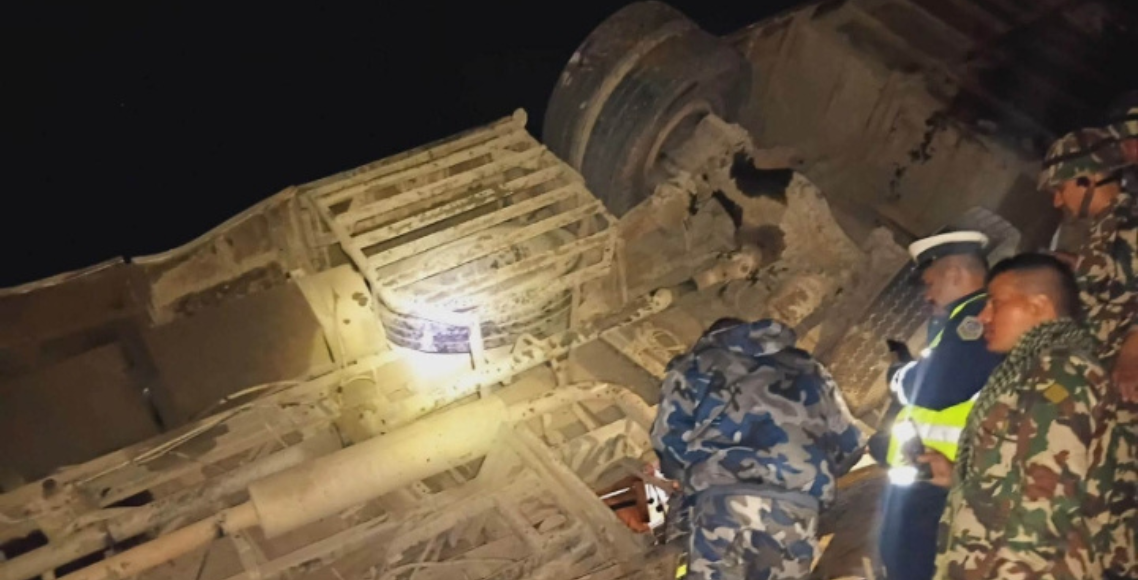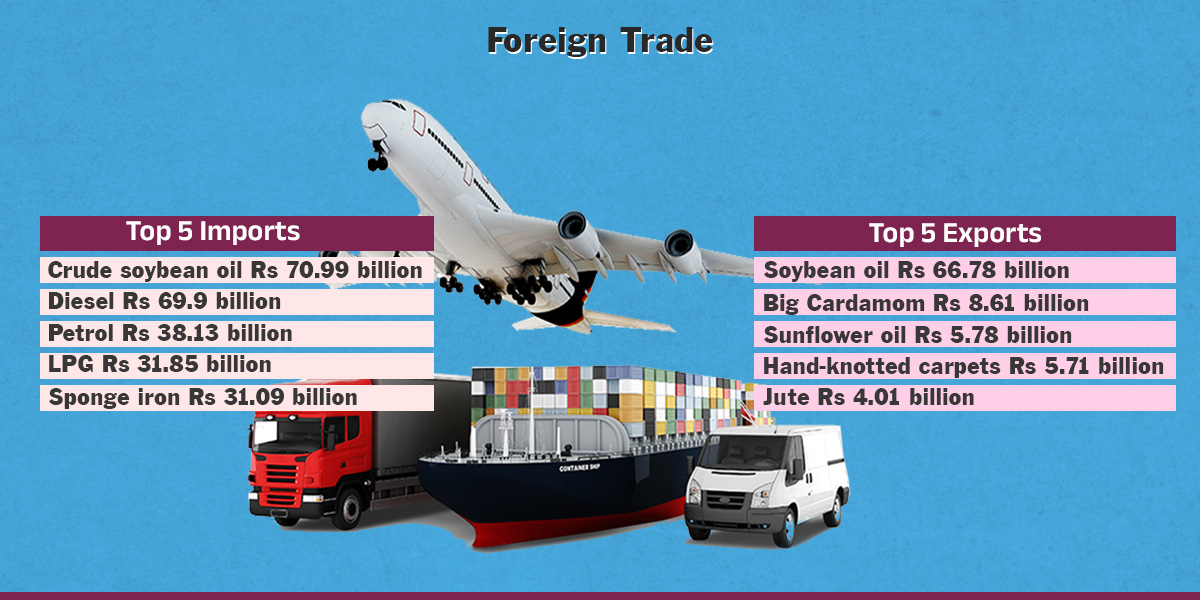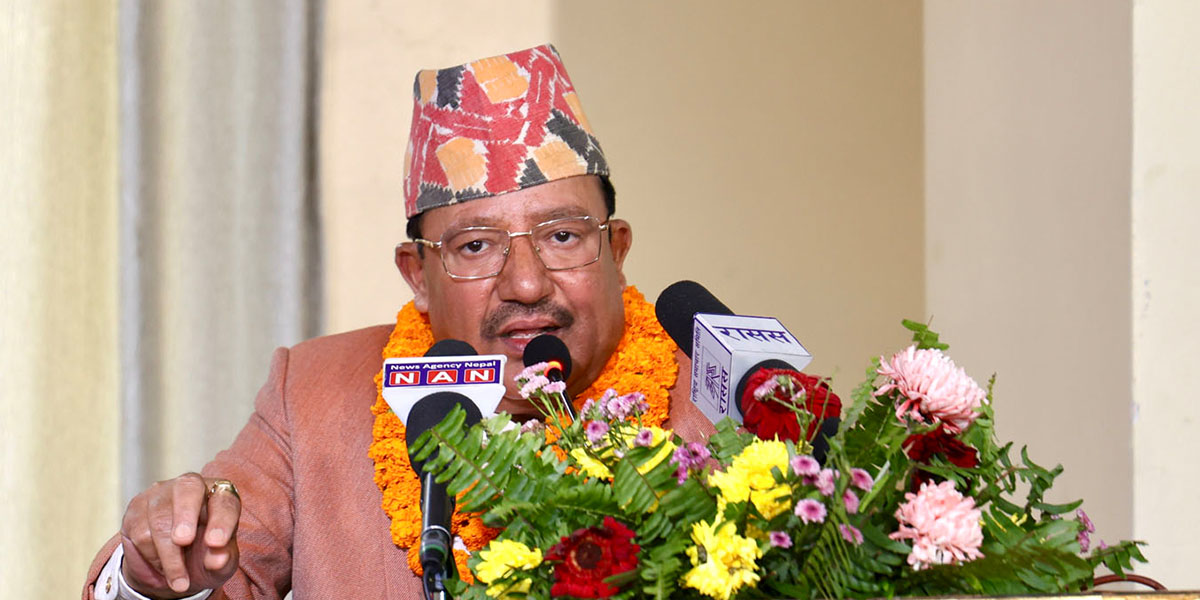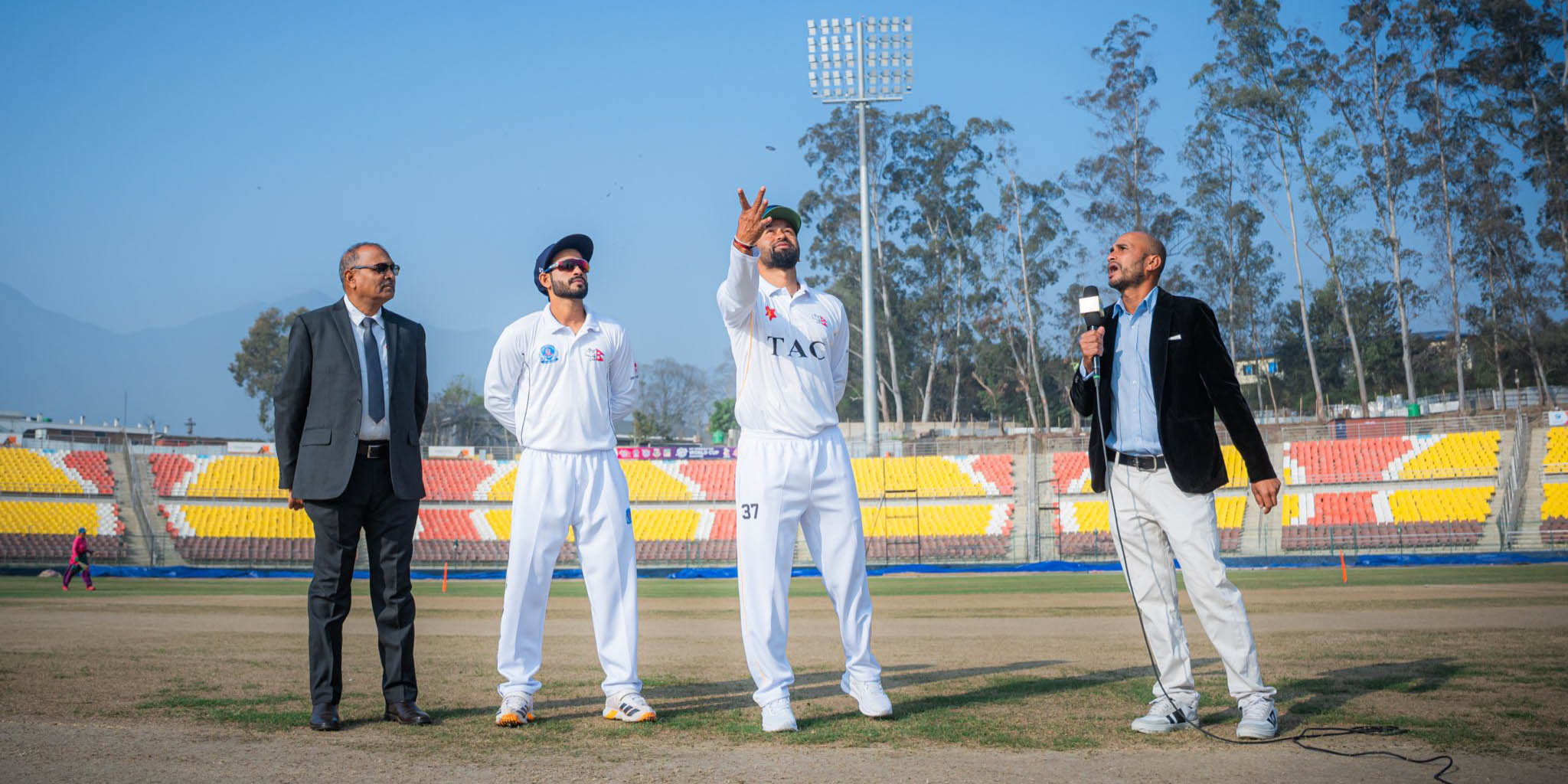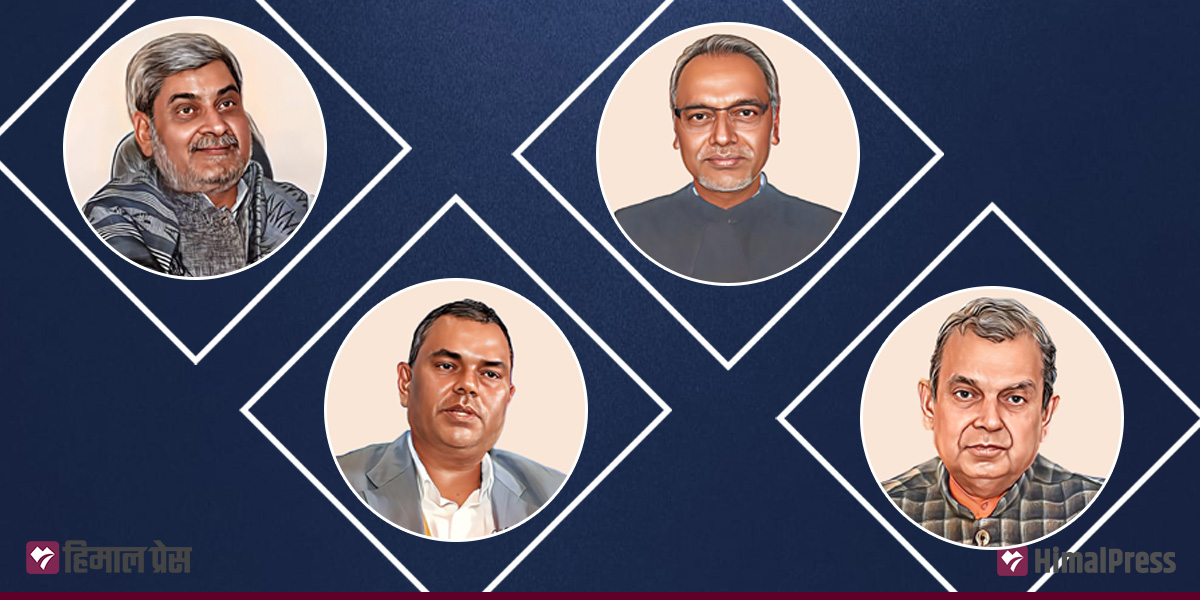 This collage shows (from left) Hridayesh Tripathi, Upendra Yadav, Rajendra Mahato and Mahantha Thakur.
This collage shows (from left) Hridayesh Tripathi, Upendra Yadav, Rajendra Mahato and Mahantha Thakur.
KATHMANDU: Madhesh-centric political parties in the country have one common trait – they unite for a certain time and then split again for personal interests.
Whether it is about the interim constitution issued after the success of the political change of 2006 or the struggle against the then Panchayat system, the cycle of unity and division among Madhesh-centric parties continues unabated.
After the successful struggle against the Rana regime in 1950, Bedananda Jha established Tarai Congress under his leadership in 1951. Jha had raised demands including autonomous Madhesh at that time.
After Jha, Gajendra Narayan Singh formed the Sadbhavana Council which later transformed into a political party named Nepal Sadbhavana Party. Jha and Singh had the same issues regarding Madhesh.
Sadbhavana Party, which won six seats in the 1991 general election, was limited to just three seats in the next election. Over time, internal divisions plagued the party, leading to the creation of splinter groups.
After the success of the 2006 movement, the Madhesi People’s Right Forum led by Upendra Yadav and the Loktantrik Samajwadi Party (LSP) led by Mahantha Thakur also failed to break free from the cycle of party fragmentation.
The series of splits in Madhesh-centric parties, ongoing since the time of Bedananda Jha and Gajendra Narayan Singh, continues even today. The latest example is the split of the Upendra Yadav-led Janata Samajbadi Party, Nepal (JSP Nepal). Just a few months ago, Yadav’s party split to form JSP under the leadership of Ashok Rai.
Not just JSP Nepal, Mahantha Thakur-led LSP also couldn’t remain immune to split. Senior leader Rajendra Mahto separated from LSP and engaged in a separate political campaign by forming the National Liberation Party.
Mahato, who was once seen as hostile to the Pahadi community during the Madhesh movement, is now active in a campaign to connect mountains hills and plains by taking support from the same community. Before Mahto left LSP, Brishesh Chandra Lal and others separated and revived the Tarai Madhesh Loktantrik Party to continue their political activities.
Leaders of Madhes-centric parties say party splits are happening due to the self-interest of top leadership.
These parties have now been shaken by the coalition between the two largest parties in the House of Representatives, Nepali Congress and CPN-UML, especially regarding constitutional amendments. One of the seven points of agreement that the two parties signed for power-sharing is constitutional amendment. The proposed changes regarding the electoral system, thresholds, inclusivity, and proportional representation have created fear among Madhes-centric parties.
JSP Nepal General Secretary Ram Kumar Sharma says that the coalition of two major parties poses existential threats to Madhes-centric parties. “There is now no alternative to unity or cooperation among Madhesh-centric parties,” he added.
These parties, which have become weaker over time, are now working on standing together again. Hridayesh Tripathi, who formed Janata Pragatisheel Party (JPP) after separating from Loktantrik Samajwadi Party (LSP), has begun the groundwork for unity. Last week, Tripathi made a public appeal for Madhesh-centric parties to move forward through cooperation.
Tripathi’s party has formed a talks team comprising former minsiter Ishwar Dayal Mishra and Mohammad Sabir Hussein under the leadership of Dr Shivaji Yadav. The team held discussions with JSP Nepal leader Rajkishor Yadav on Sunday in the presence of Tripathi himself. Leaders have said that JSP Nepal appeared positive for cooperation during the discussion.
JPP leader Mishra informed that discussions were held with JSP Nepal for building a unified force with a common agenda regarding constitutional amendment and Nepal’s current situation. According to him, JSP Nepal has appeared positive on the proposal that Madhesh-centric parties should move forward through cooperation.
JSP Nepal’s General Secretary Sharma says Madhes-centric parties should be united on the issue of constitutional amendment. “Madhesh-centric parties became weaker after they started enjoying being in parliament by accepting the constitution. Now again the issue of constitutional amendment is moving forward. It is necessary for all Madhesh-centric parties to come together on common issues,” he added.
JSP Nepal has also formed a dialogue committee led by leader Rajkishor Yadav for discussions on cooperation with other political parties. Madhesh-centric parties, which had sidelined unity and cooperation while in power, have started to lean towards cooperation again after becoming weaker. “Since the agenda of all Madhes-centric parties agenda is the same, it is necessary to become united for the political fight,” he added. Yadav emphasized the need to move forward not just with cooperation but through unity, if possible, with those who share similar ideologies.
LSP, too, has appeared positive on Tripathi’s proposal for cooperation. LSP leaders say cooperation among all Madhesh-centric parties is necessary to keep Madhesh’s issues and agenda alive while two major parties are cooperating in power. “It is necessary for all Madhesh-centric parties to unite on Madhesh and constitutional amendment issues,” LSP General Secretary Parmeshwar Sah said. “There must be cooperation on these issues. If cooperation doesn’t happen, it is certain that there will be attacks on federalism. We have taken Tripathi’s proposal positively.”
Sah said it seems necessary to move forward at least through cooperation if unity is not possible, it seems necessary to move forward at least through cooperation.”

